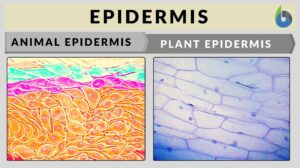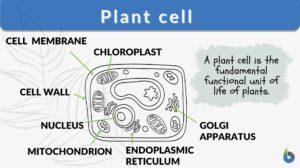Search Results for: natural_gas
Ventilation
Ventilation Definition Often when persons think of ventilation, they think of getting clean or enough air into a room. This... Read More
Environment
Environment Definition What does environment mean? If you mean physical environment, then it is defined as the surrounding... Read More
Carbon dioxide
Carbon Dioxide Definition noun, car·bon di·ox·ide, /daɪˈɒksaɪd/ (biochemistry) An inorganic compound, with the... Read More
Growth and Plant Hormones
Growth All living organisms begin in the same form: as a single cell. That cell will divide and the resulting cells will... Read More
Filtration
Filtration Definition What is filtration? Filtration is separating a solid from a fluid through a porous material that... Read More
Non-sustainability
Non-Sustainability Definition Non-sustainability is the state in which human consumption or activities exceed the ability... Read More
Nitrogen fixation
Definition noun The conversion of atmospheric nitrogen (N2) into a more usable form by natural means, such as by the... Read More
Biotic factor
Biotic Factor Definition A biotic factor is the living component in an ecosystem. The term "biotic" means "of or related... Read More
Facilitated diffusion
Facilitated diffusion is the transport of substances across a biological membrane from an area of higher concentration to an... Read More
Redox reaction
Redox Reaction Definition What are redox reactions? This is a common term in chemistry and biology. In chemistry, a redox... Read More
Generation of resting membrane potential
Stephen H. Wright Department of Physiology, College of Medicine, University of Arizona, Tucson, Arizona 85724... Read More
Integumentary system
Integumentary System Definition The integumentary system is the outermost layer of the body. The animal body, in... Read More
Osmotic pressure
Osmotic Pressure Definition Osmotic pressure is the pressure caused by a difference in the amounts of solutes (or... Read More
Biology: Concepts & Connections with Student CD-ROM (5th Edition)
Biology: Concepts & Connections with Student CD-ROM (5th Edition) ... Read More
Abiotic Fixation
Definition noun It is part in nitrogen cycle wherein atmospheric nitrogen fixation carries out non-living components to... Read More
Passive transport
Passive transport is a type of cellular transport in which substances such as ions and molecules move down their respective... Read More
Erythrocyte
Erythrocyte Definition Erythrocytes (red blood cells or RBCs) are the myeloid series of specialized cells that play an... Read More
Plant cell
Plant Cell Definition A plant cell refers to any cell of a plant. It is the structural and functional unit of plants. Plant... Read More

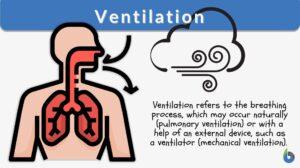
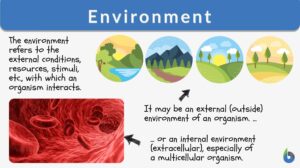
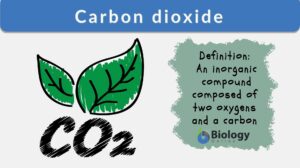


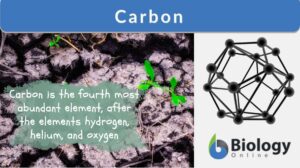


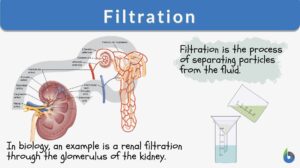

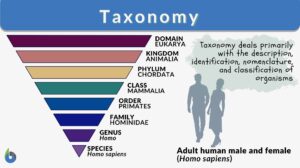

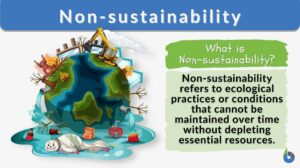

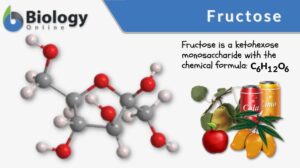

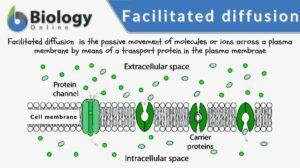
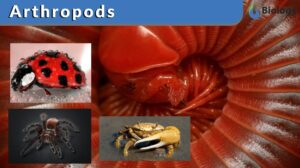


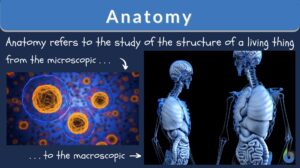

![Osmotic pressure n., plural: osmotic pressures [ɑsˈmɑtɪk ˈpɹɛʃ.ɚ] osmotic pressure definition and example](https://www.biologyonline.com/wp-content/uploads/2020/11/osmotic-pressure-definition-and-example-300x168.jpg)
